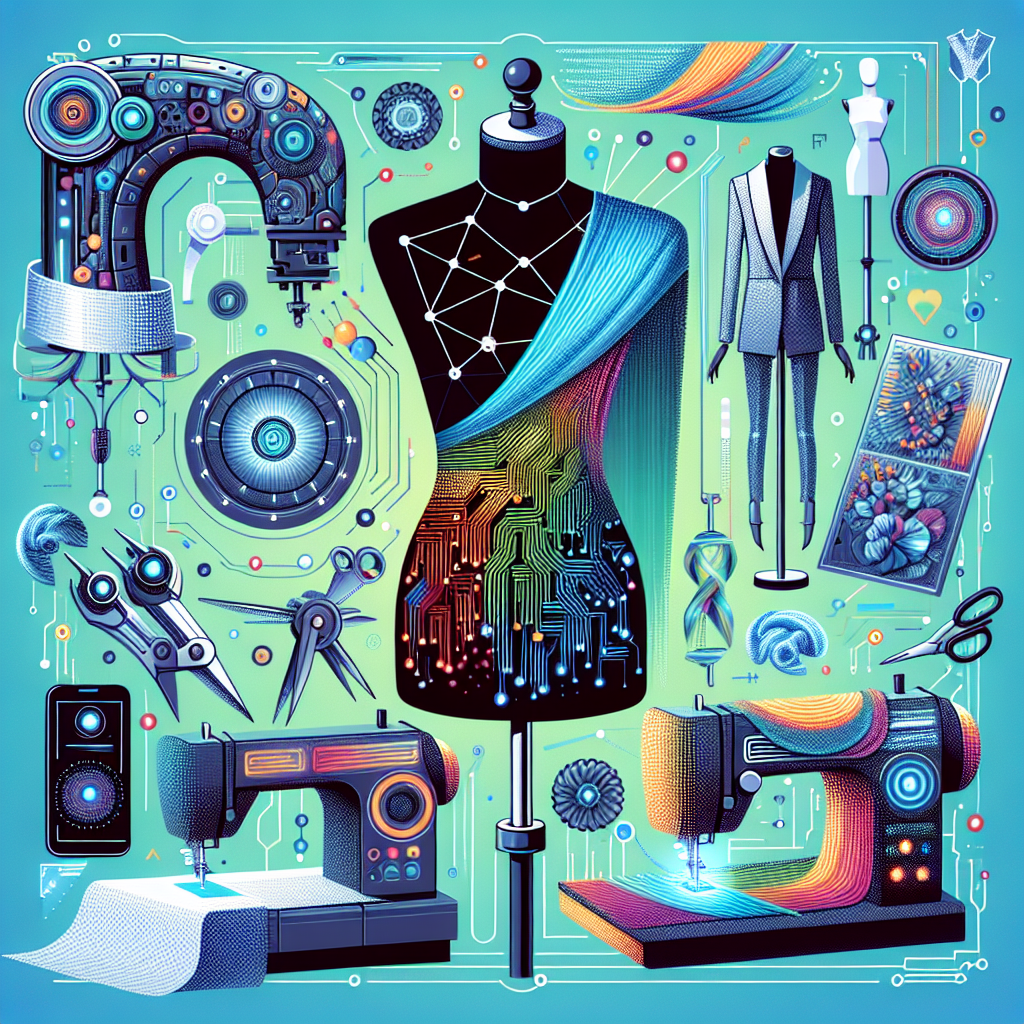The fashion industry has always been at the forefront of innovation, constantly pushing boundaries and embracing new technologies to enhance the design, production, and distribution of clothing and accessories. In recent years, artificial intelligence (AI) has emerged as a disruptive force in the fashion industry, revolutionizing the way brands and retailers operate and interact with customers.
AI automation in fashion refers to the use of AI technologies such as machine learning, computer vision, and natural language processing to automate various tasks and processes in the fashion industry. From trend forecasting and personalized recommendations to supply chain management and customer service, AI automation is transforming every aspect of the fashion business.
The Future of AI Automation in Fashion
As AI technologies continue to advance and become more sophisticated, the future of AI automation in fashion looks promising. Here are some key trends and developments that are shaping the future of AI automation in the fashion industry:
1. Personalized shopping experiences: AI-powered algorithms are enabling brands and retailers to deliver personalized shopping experiences to customers. By analyzing customer data and preferences, AI can suggest relevant products, styles, and sizes, leading to higher conversion rates and customer satisfaction.
2. Virtual try-on and fitting: Virtual try-on and fitting technologies are becoming increasingly popular in the fashion industry, allowing customers to virtually try on clothes and accessories before making a purchase. AI-powered tools can accurately measure customers’ bodies and generate realistic 3D renderings, helping them make informed decisions when shopping online.
3. Sustainable and ethical fashion: AI automation is also being used to promote sustainability and ethical practices in the fashion industry. By analyzing supply chain data and monitoring production processes, AI can help brands identify areas for improvement and implement more sustainable and ethical practices.
4. Faster production and delivery: AI automation is streamlining production processes and optimizing supply chain management, leading to faster production and delivery times. By automating tasks such as inventory management, order processing, and shipping logistics, brands can reduce lead times and improve efficiency.
5. Enhanced customer service: AI-powered chatbots and virtual assistants are revolutionizing customer service in the fashion industry. By providing instant support and personalized recommendations, AI-powered tools are enhancing the overall customer experience and driving customer loyalty.
6. Predictive analytics: AI automation is enabling brands to leverage predictive analytics to forecast trends, demand, and sales. By analyzing historical data and market trends, AI can help brands make informed decisions and optimize their product offerings and marketing strategies.
7. Influencer marketing: AI automation is also transforming influencer marketing in the fashion industry. By analyzing social media data and identifying influencers with the highest engagement rates, AI can help brands identify the most relevant and effective influencers to collaborate with.
FAQs about AI Automation in Fashion
Q: How is AI automation being used in trend forecasting in the fashion industry?
A: AI-powered algorithms are analyzing vast amounts of data, including social media trends, runway shows, and consumer behavior, to predict upcoming trends in the fashion industry. By leveraging machine learning and natural language processing, brands can stay ahead of the curve and anticipate the next big trends.
Q: Can AI automation help brands reduce waste and minimize overproduction?
A: Yes, AI automation can help brands optimize production processes and minimize waste by forecasting demand more accurately and managing inventory more efficiently. By analyzing sales data and consumer insights, AI can help brands produce the right amount of products at the right time, reducing excess inventory and waste.
Q: How is AI automation improving the sustainability and ethical practices of fashion brands?
A: AI automation is enabling brands to trace the origins of their products, monitor production processes, and ensure compliance with sustainability and ethical standards. By analyzing supply chain data and implementing transparency measures, brands can promote sustainability and ethical practices throughout their operations.
Q: Are there any risks or challenges associated with AI automation in the fashion industry?
A: While AI automation offers many benefits to the fashion industry, there are also risks and challenges to consider. These include data privacy concerns, algorithm biases, and job displacement. It is important for brands to address these issues proactively and implement ethical AI practices to ensure a positive impact on the industry.
In conclusion, the future of AI automation in fashion is bright, with endless possibilities for innovation and growth. By harnessing the power of AI technologies, brands and retailers can enhance every aspect of their business, from design and production to marketing and customer service. As AI continues to evolve, the fashion industry will undoubtedly see more exciting developments and advancements in the years to come.

